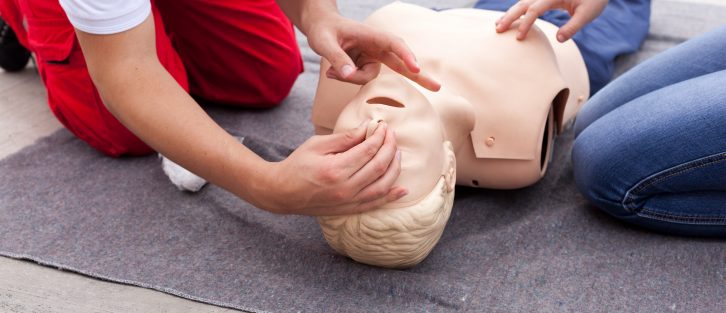When was the last time you had a CQC inspection? How prepared were you for the visit? Do you know what is involved?
We regularly get calls from our clients in a panic because they are expecting an inspection and they can’t find all their documents and are unsure of what else they might need to have.
For your Information
All general practices and primary medical services in England should be registered with the Care Quality Commission (CQC) and the CQC will need to know that you comply with the 16 essential standards. http://www.cqc.org.uk/content/fundamental-standards
Next step is the Inspection.
The CQC will undertake three types of inspections – these will be aimed at ensuring the practice is compliant with the Essential Standards of Quality and Safety.
- Scheduled – standard routine inspection
- Themed – where the inspector will focus on a specific area of concern
- Responsive – where the visit is triggered by particular concerns about the quality or safety of a service.
The CQC inspector will want to meet with the registered manager or a nominated individual. If they are not available, the inspector will speak to a partner or the practice manager. Inspections will focus on five of the essential standards.
If it is a scheduled or themed inspection, 48 hours’ notice will be given to Practices and the CQC will inform you which essential standards they will be reviewing.
If it is a responsive inspection, and there aren’t any particular concerns, the inspection is likely to be unannounced. The inspector will be looking at how practice protocols are implemented in the practice. It will involve talking to both patients and staff and looking at outcomes.
Most important is that all staff have the appropriate training for their roles. For example first aid needs to be updated annually.
http://www.safeandsound.uk.net/find-a-course/
A CQC inspector might ask one of your receptionists what they would do, for example, if they had concerns about a child. The receptionists should have attended safeguarding training, know safeguarding protocol and who any concerns should be reported to.
http://www.safeandsound.uk.net/course-type/safeguarding/
If there are any actions resulting from the CQC visit they will be sent to you in the form of a compliance action or enforcement action.
A Compliance Action is issued if there is a breach of a regulation which could have a minor impact on people. The registered person will be required to submit a report showing their action plan in order to meet the regulations. The CQC may follow up on this with either a telephone call or a visit to check that the requested improvements have been made.
An enforcement action is issued if there is a more serious breach of regulation and it will always be followed up with a visit.
Help on preparing for an inspection:
- Read the CQC guidance about compliance. http://www.cqc.org.uk/sites/default/files/documents/guidance_about_compliance_summary.pdf
- Staff need to understand the role of the CQC and what is involved in an inspection visit. Include CQC on the agenda of your regular staff meetings. It is a good idea to put up a notice in the waiting room on the day of the visit so that patients are aware of what is happening.
- If there are any standards that you have declared non-compliant, have evidence available that demonstrates you have an action plan in place and how you are working towards compliance in that area.
- Ensure that members of your patient participation group (PPG) know you are having an inspection and know how to contact them if they are required on the day of the inspection.
- Look at the pathway tracking of a patient:
- How easy is to make an appointment and how is the telephone answered – always a complaint from patients
- Confidentiality
- Staff communication with patients
- Information available for patients
- Health and safety – availability of emergency equipment
- Infection control – cleanliness
- How chaperones are used
- Patient involvement in their care
- Consent
- Records management.
Make sure you get feedback from the inspector when the visit is ended and ask what will happen next. You should receive a report within 10 working days and you will get 10 working days to check the report is accurate and send any comments you may have back to the CQC.








